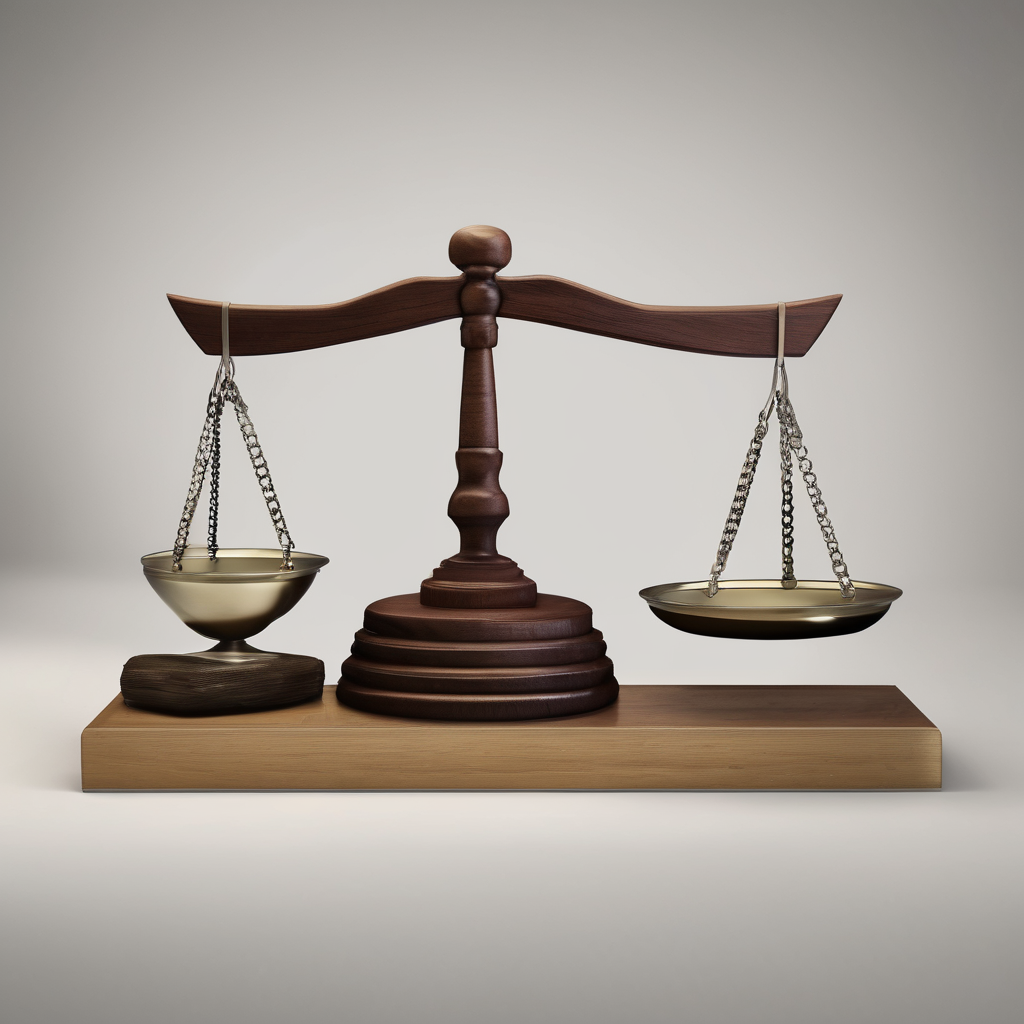The Parliamentary Opposition has raised substantial concerns about what it characterizes as a “crisis of integrity” involving Chief Justice Salesi Temo. The Chief Justice is currently embroiled in a legal and constitutional controversy, with allegations of perjury and obstruction of justice against him. These allegations followed a Commission of Inquiry (COI) report recommending his removal, yet he has been accused by the Opposition of using the legal system to shield himself from accountability.
The Opposition has issued a strong statement criticizing Chief Justice Temo for not stepping aside. They argue that by using the judiciary system, which he is meant to uphold, to contest these findings, he is creating a clear conflict of interest. This situation, where he acts in a dual role of both accuser and accused, allegedly compromises the credibility of the justice system and damages public confidence.
Furthermore, Chief Justice Temo’s leadership of the Judicial Services Commission (JSC) is seen as another layer of conflict, as he positions himself at the forefront of the response to the COI’s report. The Opposition suggests that this undermines the principle of fairness and portrays Temo as seeking to avoid legal accountability.
The controversy extends to Fiji’s Prime Minister Sitiveni Rabuka and President Ratu Naiqama Lalabalavu. The Opposition criticizes both leaders for perceived inaction and failing to uphold the Constitution in light of these allegations. They accuse them of placing personal loyalties above their constitutional responsibilities, which could potentially threaten the nation’s foundational integrity.
This situation is part of a larger discourse about accountability and the separation of powers within Fiji’s governmental systems. Prime Minister Rabuka has previously spoken about the importance of due process, emphasizing that any allegations against Justice Temo should be thoroughly reviewed through the proper legal procedures.
The issue highlights ongoing tensions between maintaining judicial independence and ensuring accountability. As public scrutiny grows, there are increasing calls for reforms to not only address these specific issues but also to improve the transparency and efficacy of governance structures in Fiji.
In the wake of these allegations, the situation presents an opportunity for meaningful dialogue among political and judicial leaders. Such conversations could lead to necessary reforms, fostering an environment where due process and constitutional adherence are prioritized. This approach may ultimately help in rebuilding public trust in Fiji’s governance and judiciary, leading to stronger and more accountable institutions over time.
